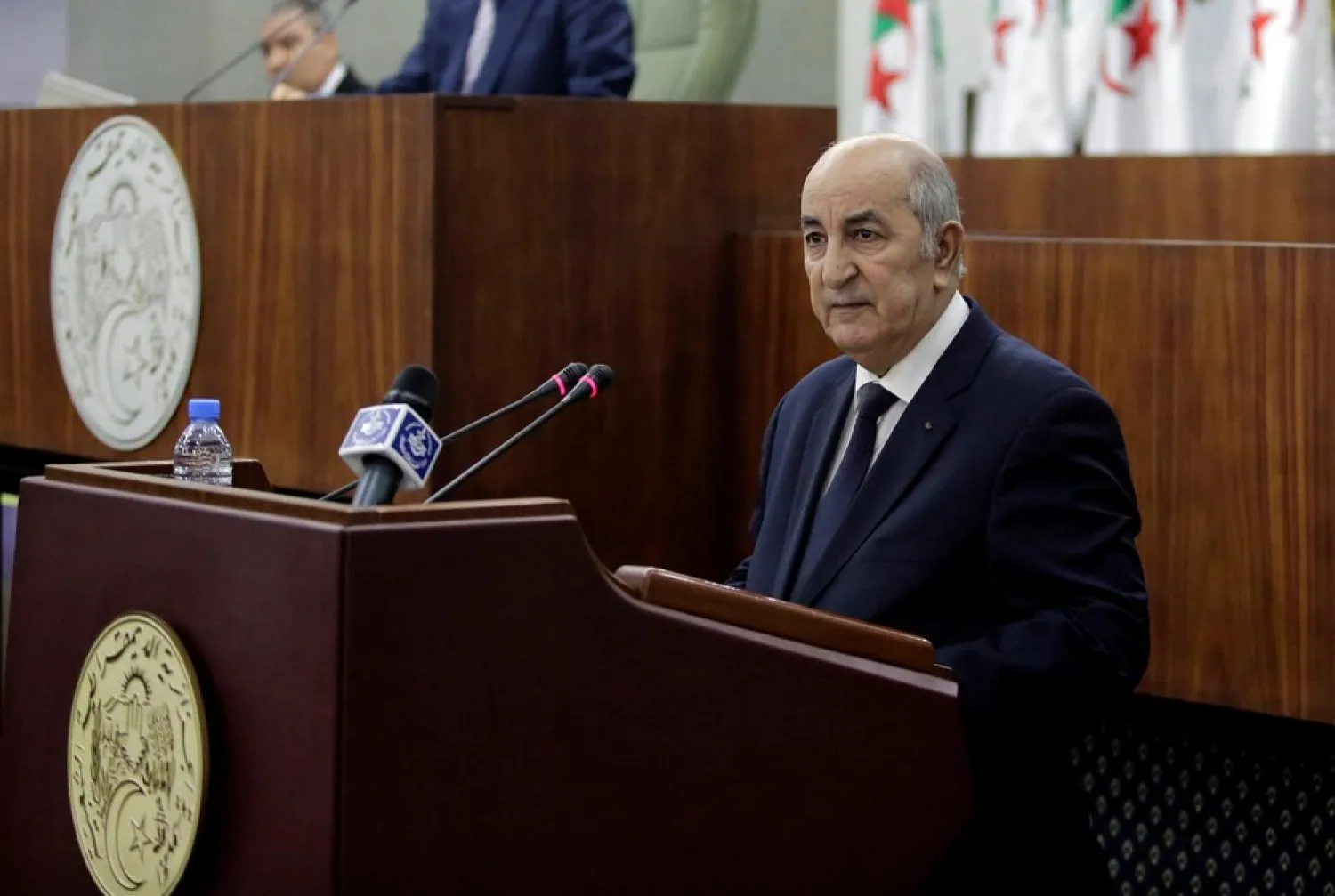Algerian President Abdelmadjid Tebboune assured the population, stressing that the government was controlling the deteriorating economic situation and the health crisis in the country.
In a televised interview broadcast by the Algerian official TV, the president said the economic growth rate of 3.8 percent was expected, adding that the value of non-hydrocarbon exports was estimated to reach USD 2.1 billion by the end of 2021.
Tebboune revealed that hard currency reserves reached around USD 44 billion, without giving other details amid a difficult economic situation that saw the majority of public companies suspend their activities and dozens of private institutions shut down in light of the repercussions of the Covid-19 pandemic.
The president touched on the youth protests in the southern regions, especially the province of Ouargla. He hinted at the presence of some parties that incited the protests over the past weeks, saying: “We will not allow our youth to be politically exploited [...] The state is here to take care of the concerns of all citizens, especially the young people, because Algeria is a country of youth.”
Tebboune refused to talk about the presence of “prisoners of conscience”, implicitly referring to detained protesters. He said that dozens of people, who were convicted by the courts for imprisonment or who are under judicial prosecution, were accused of defamation.
The Algerian League for the Defense of Human Rights responded that nearly 200 detainees “have not been tried after several months of temporary detention.”
“They were not pursued on charges of defamation or slander, but on accusations related to their opinions and political and civil rights,” it emphasized in a statement on Monday.
Regarding Moroccan King Mohammed VI’s recent statements about his country’s desire to reopen the border with Algeria, the president said: “A Moroccan diplomat made very dangerous statements recently, which made us withdraw our ambassador in Rabat. We had asked for explanations and did not receive a response, so I will not comment further.”
He added: “The issue of Western Sahara is in the hands of the United Nations, and we are only observers, not a party. We are ready to host a meeting between the Polisario Front and Morocco to reach a solution to the issue.”









